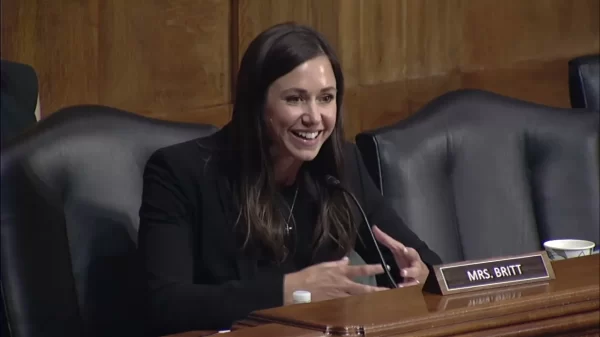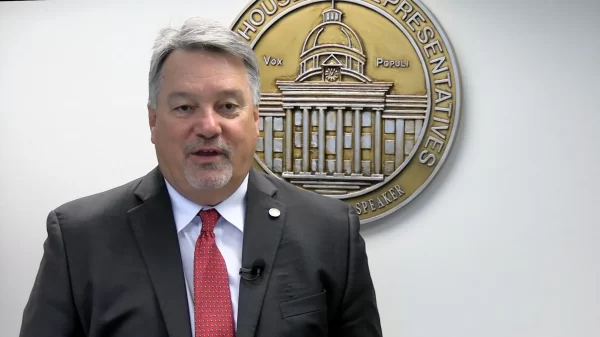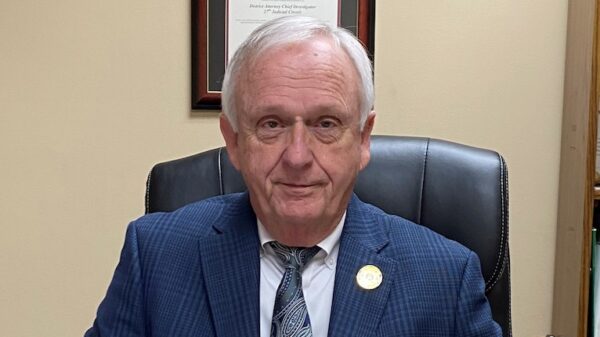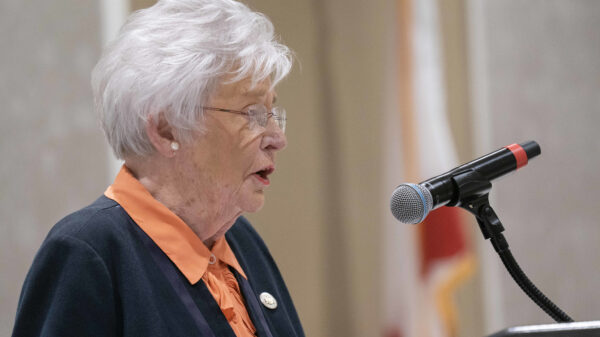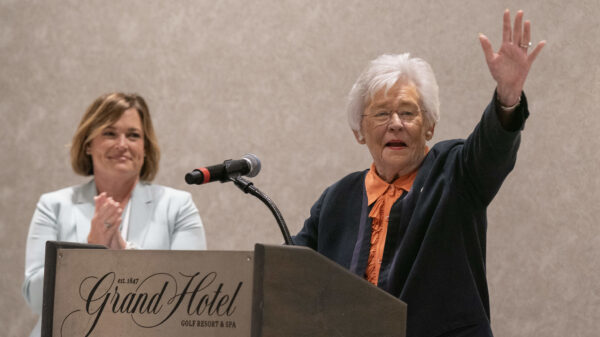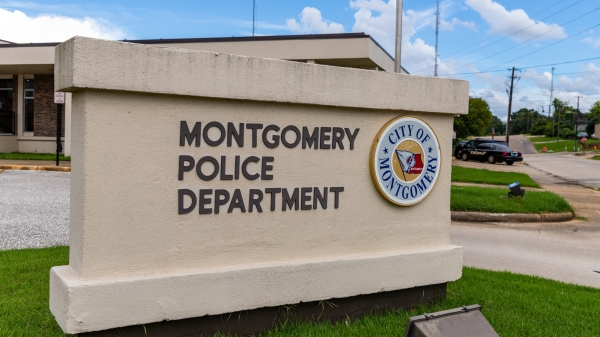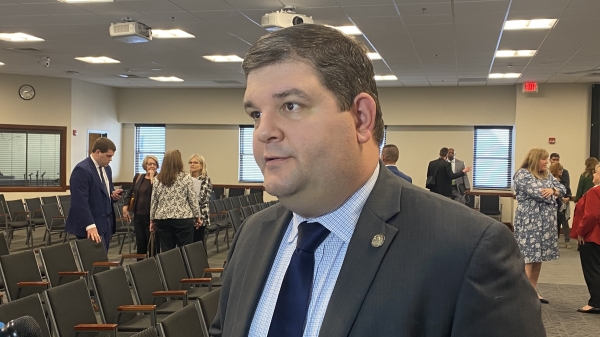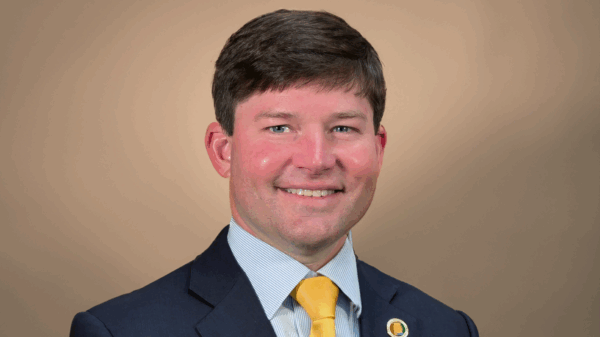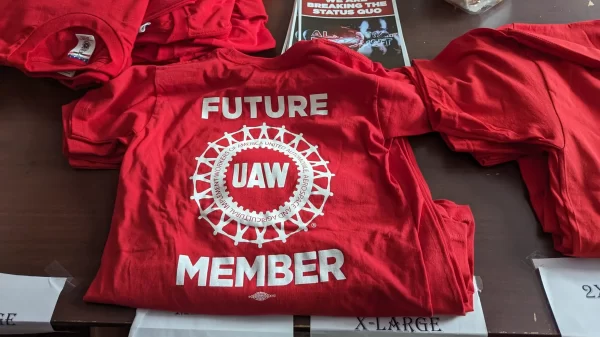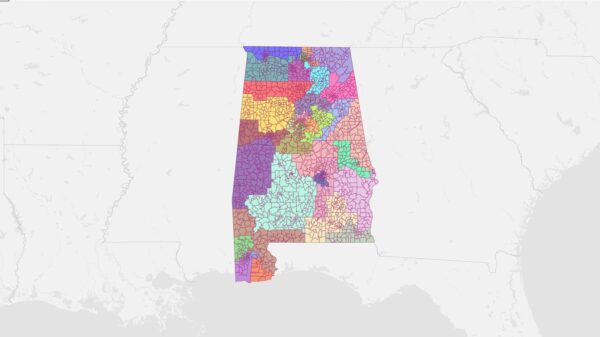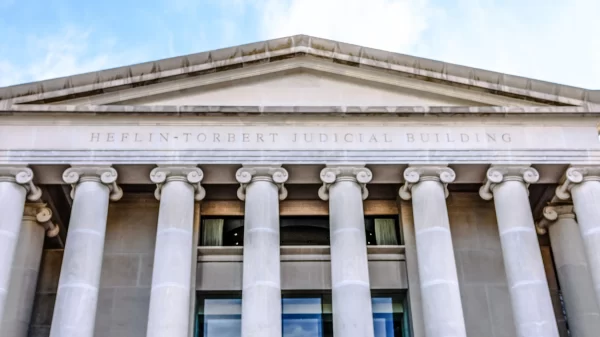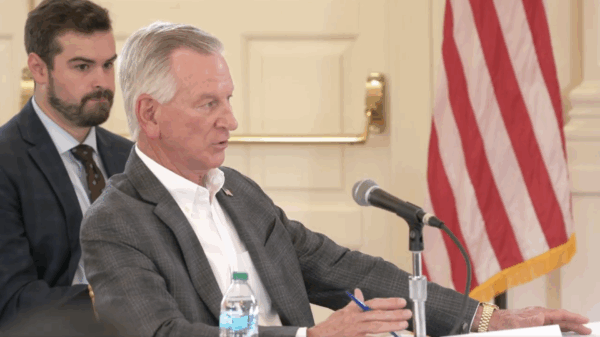I spend my days sitting across from people who have done time. They have been judged, sentenced, and locked behind bars for breaking the law. I also spend my days facing polished doors in Montgomery, where a different kind of lawbreaker expects never to see the inside of a cell.
Leigh Gwathney has served as chair of Alabama’s Board of Pardons and Paroles since 2019, appointed by the governor to lead an agency that holds extraordinary power over who goes home and who stays locked away. Under her leadership, the Board’s parole grant rate has fallen to historic lows. Thousands of people, many elderly or chronically ill, have watched hearings come and go with little explanation beyond a checklist. This trend has increased hopelessness in the Alabama Department of corrections. Whatever your views on grace, mercy or redemption, everyone in the public should care about what I call The Gwathney Effect. A hopeless person is a dangerous person. Just ask Commissioner Hamm whether he has noticed a shift in violence and drug use. Hopeless people are not trying to rehabilitate themselves. And yet most of them will be released at some point. What is more, it turns out that keeping people in cages is expensive, and the effective shutdown of the Parole Board for years has massively bloated the prison population and increased the public’s tax burden.
I recently filed a lawsuit against Gwathney for neglecting duties that are not optional. Alabama law is clear: a Board member who neglects these mandatory duties shall be removed and can face one to five years in prison under Alabama Code §§ 15‑22‑24 and 36‑9‑2.
My client’s parole denial that is the subject of the lawsuit is just one example of how Gwathney acts when she thinks no one is watching. After each parole hearing, the Board sends the applicant a form explaining its decision. The Board labeled my client “high risk” on an objective and validated risk assessment that is used throughout the country. But we verified, both before and after that hearing, that his correct score was not high. The problem is not that he was denied parole. The problem is that false information was used to justify that denial.
And when public safety decisions hinge on lies, the system fails everyone, inside and outside the prison walls.
As an attorney, I did not just file suit. I referred the matter to the Montgomery County District Attorney because every person interacting with the criminal legal system should be held to the same standard. If my clients can spend decades behind bars for violating the law, then so should the people deciding their fates when they break it themselves.
When AL.com asked Cam Ward, who directs the Bureau of Pardons and Paroles and once helped craft the very laws at stake, about the lawsuit, he said: “If the plaintiff wants to change the law, they should do so through the legislative process, not the courts.” But the Legislature has already spoken, and the law is clear. It needs enforcing.
Ward himself once told the Alabama Political Reporter, “I answer straight to the governor, we don’t answer at all to the board. And the board doesn’t answer to me either.” So why speak for them now?
It is not just Ward. Alabama Attorney General Steve Marshall is now publicly urging Governor Ivey to reappoint Gwathney to another term, calling any scrutiny of her record a “political attack.” But the plain language of the Alabama Code does not say “shall be removed, unless it is politically inconvenient.” It says that neglecting these duties is a crime, not a matter of politics.
Interestingly, I don’t particularly like the criminal penalties that accompany the statute Gwathney is violating – one to five years in prison. I know prison is not the only or best answer for wrongdoing. I know what prison does to a human being. But I can imagine many of the people still surviving inside — people who have been raped, beaten, extorted, or forced to work under threat of violence because of blanket denials like Gwathney’s — might have their own idea of what accountability should look like for the gatekeeper who threw away the key.
I also want to be clear: I disagree with many of Gwathney’s decisions as chair, but this is not about disliking her judgment. She was appointed by the governor, who was elected by the people. That is representative democracy. But don’t we all claim to want to live in a nation of laws, not whims? If the District Attorney, or ultimately the Attorney General, refuses to investigate her as thoroughly as they would anyone else, then we as a state should ask why.
If Alabama’s leaders can dismiss the law when it becomes inconvenient, whose voice does the law really protect?
Lauren Faraino is a civil and human rights attorney based in Birmingham Alabama. She is the director of The Woods Foundation.

